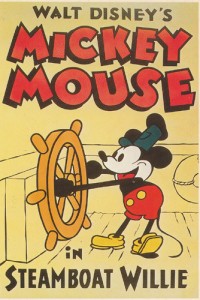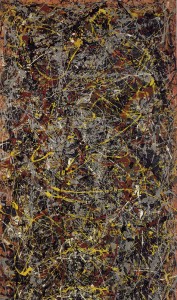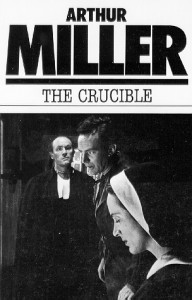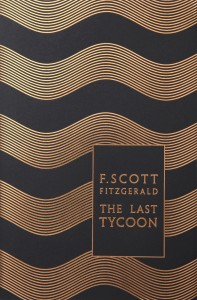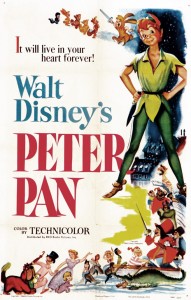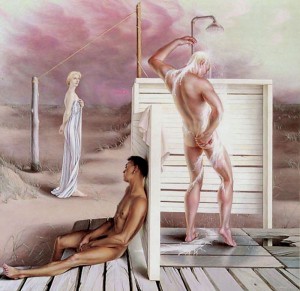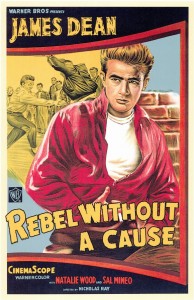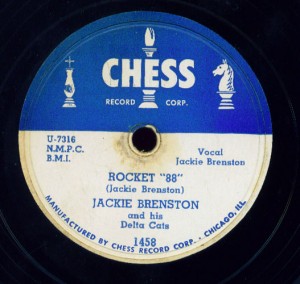Mickey Mouse has arguably been the driving force behind the ongoing extension of copyright over the past 40 years. He was created in 1928, and it was the impending expiration of the Mickey Mouse copyright (among others) that prompted Disney (and others) to start pushing Congress for longer terms. They got it for Mickey’s 50th birthday.
Ironically, they never really needed it. Mickey as a character is practically a non-entity. He has no personality, and no memorable stories about him (the closest being his appearance in Fantasia, where’s essentially an actor playing the role of the Sorceror’s Apprentice). Although Disney is making some moves lately to (re)establish him as a character, pretty much the only purpose he serves for Disney is as a trademark for the company. And you don’t need copyright for that.
If Mickey had entered the Public Domain at the end of 1984 like he was supposed to, it would have allowed other people to use the character in their own cartoons, comics, etc. But they wouldn’t be able to use the name “Mickey Mouse” (a trademark of the Walt Disney Company) anywhere on the packaging or promotional materials for it, and they wouldn’t be able to use the distinctive likeness of the character (also a registered trademark) for that either. They’d effectively have to keep his presence in the story a secret, or risk the legal might of one of the most powerful media conglomerates ever.
So in the same sense, Mickey is really more a symbol of something larger: characters owned by corporations and other heirs of their creators, who represent potential property for the holders of their copyrights.


